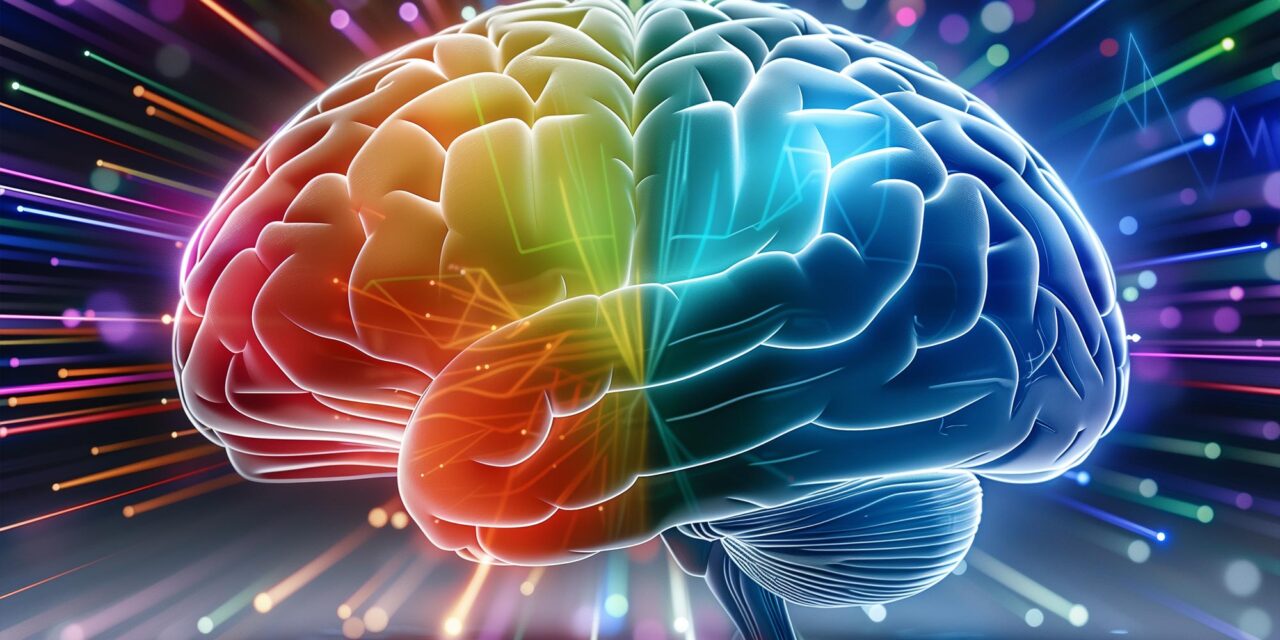Taking regular daytime naps can increase the odds of healthy aging, says a new book, “iMind” by Professor Mohamed I. Elmasry, which advocates for the superiority of human intelligence over artificial intelligence and offers practical tips for brain health. The book emphasizes memory exercises, healthy lifestyle choices, and the need for policy reforms to support cognitive longevity.
Reduce Dementia Risk with Daily Habits
According to Professor Elmasry, a leading Canadian academic, simple daily habits such as afternoon naps, memory ‘workouts’, and avoiding smartphones can significantly reduce the risk of age-related dementia. Instead of relying on Googling for information, Elmasry encourages exercising the brain properly to promote healthy aging.
The Power of Real Intelligence Over AI
In his new book, iMind: Artificial and Real Intelligence (with a foreword by Canadian cell biologist Dr. Aileen Burford-Mason), Elmasry argues that society has shifted too far in favor of AI (machine intelligence) over RI (natural intelligence). He calls for nurturing the human mind, which he likens to a smartphone with ‘hardware’, ‘software’, and ‘apps’, but vastly more powerful and capable of longer-lasting performance with the right care.
Elmasry, an internationally recognized expert in microchip design and AI, was motivated to write the book after the death of his brother-in-law from Alzheimer’s and other close family members from different forms of dementia.
Lifespan and Utility of the Human Mind vs. Smartphones
Although smart devices are becoming increasingly sophisticated, Elmasry argues in iMind that they cannot match the capacity, storage, longevity, energy efficiency, or self-healing capabilities of the human brain. He highlights that while the useful life expectancy of current smartphones is around ten years, a healthy human brain can function for 100 years or more.
“The highest-value asset you have is your brain-mind. Increase its potential and longevity by caring for it early in life, keeping both your brain and body healthy to ensure continuous development,” writes Elmasry.
Enhancing Memory and Intelligence Through Simple Practices
Elmasry emphasizes the importance of daily brain exercises to enhance memory and intelligence. He shares an anecdote about his grandchildren needing to use their smartphones to recall Cuba’s capital after a week-long visit, illustrating how reliance on AI apps can undermine real intelligence (RI).
“A healthy memory goes hand-in-hand with real intelligence. Our memory can’t reach its full potential without RI,” he says.
Historical Context and Current Challenges in AI
Published by Routledge, iMind: Artificial and Real Intelligence delves into the history of microchip design, machine learning, and AI, exploring their roles in modern technology. The book explains the workings of both AI and human intelligence, linking brain function with mind and memory, and comparing the capabilities of the human mind with those of AI-based systems.
Drawing on comprehensive research, iMind aims to bridge the knowledge gap between real and artificial intelligence, addressing current AI controversies and inspiring new treatments for Alzheimer’s, other neurodegenerative conditions, and cancer.
Advocating for Healthy Aging and Policy Changes
Elmasry argues that AI cannot match the human brain’s speed, accuracy, and storage capacity. He emphasizes that promoting healthy aging is as crucial as addressing climate change, though it receives less attention. He calls for policy reforms to promote cognitive health, suggesting that bingo halls transition into active learning centers.
Practical Tips for Boosting Real Intelligence
Elmasry outlines practical tips to enhance brain power and RI, such as building associative memory by connecting new information with existing knowledge, reading aloud, engaging all senses, and fully experiencing daily encounters. He also recommends integrating a day of rest into the week, adopting a healthy diet, and moderating alcohol consumption to reduce dementia risk.
Reference: “iMind: Artificial and Real Intelligence” by Mohamed I. Elmasry. DOI: 10.1201/9781003486848












